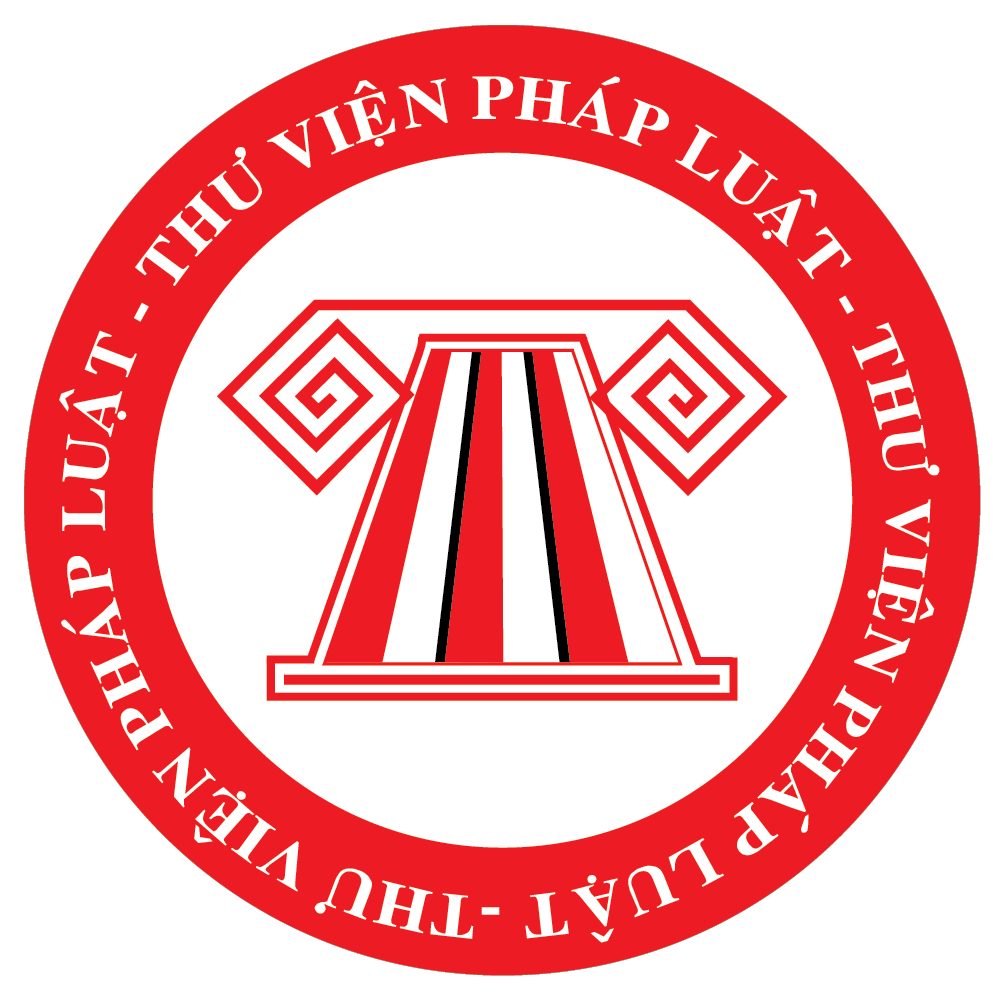|
|
THỐNG KÊ
- 1. Văn bản pháp luật (376582)
- 2. Văn bản tiếng anh (15663)
- 3. Văn bản gốc (231586)
- 4. Tiêu Chuẩn Việt Nam (18152)
- 5. Công văn (132163)
- 6. Công văn tiếng anh (1360)
- 7. Công văn gốc (87587)
- 8. Văn bản trong tuần (2822)
- 9. Công văn trong tuần (129)
- 10. TCVN trong tuần (38)
- 11. Sắp có hiệu lực (132)
- 12. Sắp hết hiệu lực (557)
- 13. Tổng số văn bản (526897)
|
Nhập mã bảo vệ xem văn bản
|
|
|
|
|

|
Địa chỉ:
|
17 Nguyễn Gia Thiều, P. Võ Thị Sáu, Q.3, TP.HCM
|
|
Điện thoại:
|
(028) 3930 3279 (06 lines)
|
|
E-mail:
|
inf[email protected]
|
|
Mã số thuế:
|
0315459414
|
|
|
|
TP. HCM, ngày 31/05/2021
Thưa Quý khách,
Đúng 14 tháng trước, ngày 31/3/2020, THƯ VIỆN PHÁP LUẬT đã bật Thông báo này, và nay 31/5/2021 xin bật lại.
Hơn 1 năm qua, dù nhiều khó khăn, chúng ta cũng đã đánh thắng Covid 19 trong 3 trận đầu. Trận 4 này, với chỉ đạo quyết liệt của Chính phủ, chắc chắn chúng ta lại thắng.
Là sản phẩm online, nên 250 nhân sự chúng tôi vừa làm việc tại trụ sở, vừa làm việc từ xa qua Internet ngay từ đầu tháng 5/2021.
Sứ mệnh của THƯ VIỆN PHÁP LUẬT là:
sử dụng công nghệ cao để tổ chức lại hệ thống văn bản pháp luật,
và kết nối cộng đồng Dân Luật Việt Nam,
nhằm:
Giúp công chúng “…loại rủi ro pháp lý, nắm cơ hội làm giàu…”,
và cùng công chúng xây dựng, thụ hưởng một xã hội pháp quyền trong tương lai gần;
Chúng tôi cam kết dịch vụ sẽ được cung ứng bình thường trong mọi tình huống.
THÔNG BÁO
về Lưu trữ, Sử dụng Thông tin Khách hàng
Kính gửi: Quý Thành viên,
Nghị định 13/2023/NĐ-CP về Bảo vệ dữ liệu cá nhân (hiệu lực từ ngày 01/07/2023) yêu cầu xác nhận sự đồng ý của thành viên khi thu thập, lưu trữ, sử dụng thông tin mà quý khách đã cung cấp trong quá trình đăng ký, sử dụng sản phẩm, dịch vụ của THƯ VIỆN PHÁP LUẬT.
Quý Thành viên xác nhận giúp THƯ VIỆN PHÁP LUẬT được tiếp tục lưu trữ, sử dụng những thông tin mà Quý Thành viên đã, đang và sẽ cung cấp khi tiếp tục sử dụng dịch vụ.
Thực hiện Nghị định 13/2023/NĐ-CP, chúng tôi cập nhật Quy chế và Thỏa thuận Bảo về Dữ liệu cá nhân bên dưới.
Trân trọng cảm ơn Quý Thành viên.
Tôi đã đọc và đồng ý Quy chế và Thỏa thuận Bảo vệ Dữ liệu cá nhân
Tiếp tục sử dụng

Cảm ơn đã dùng ThuVienPhapLuat.vn
- Bạn vừa bị Đăng xuất khỏi Tài khoản .
-
Hiện tại có đủ người dùng cùng lúc,
nên khi người thứ vào thì bạn bị Đăng xuất.
- Có phải do Tài khoản của bạn bị lộ mật khẩu
nên nhiều người khác vào dùng?
- Hỗ trợ: (028) 3930.3279 _ 0906.229966
- Xin lỗi Quý khách vì sự bất tiện này!
Tài khoản hiện đã đủ người
dùng cùng thời điểm.
Quý khách Đăng nhập vào thì sẽ
có 1 người khác bị Đăng xuất.
Tài khoản của Quý Khách đẵ đăng nhập quá nhiều lần trên nhiều thiết bị khác nhau, Quý Khách có thể vào đây để xem chi tiết lịch sử đăng nhập
Có thể tài khoản của bạn đã bị rò rỉ mật khẩu và mất bảo mật, xin vui lòng đổi mật khẩu tại đây để tiếp tục sử dụng
|
|